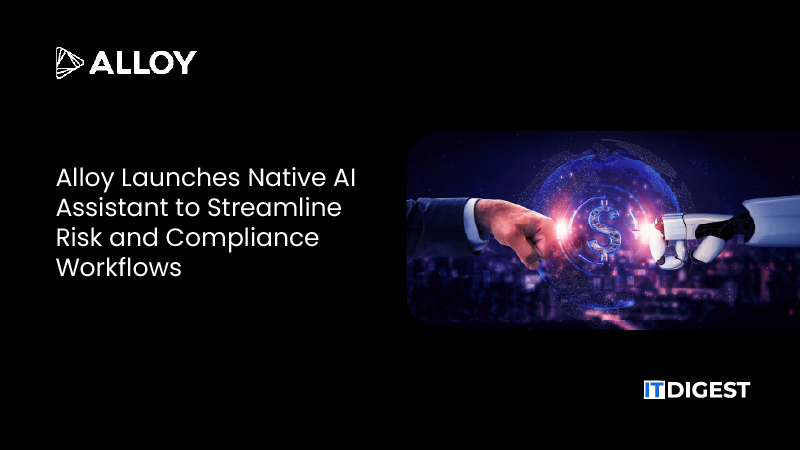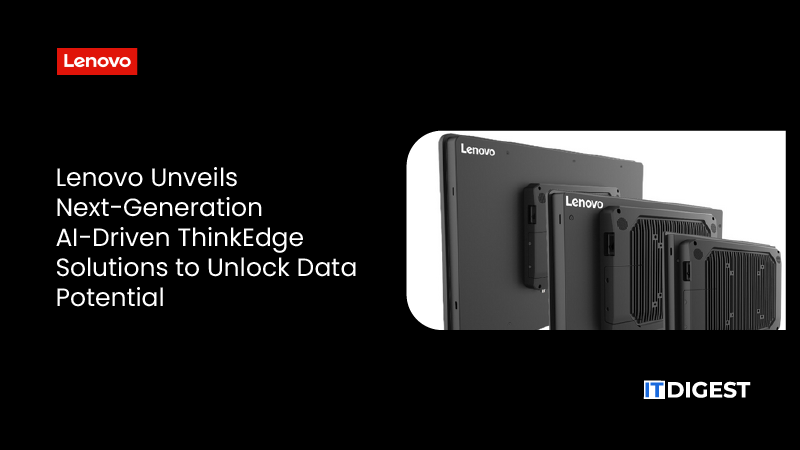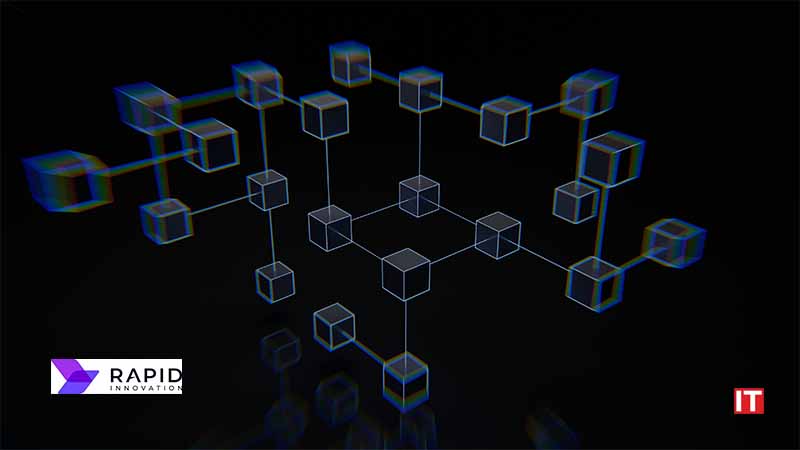With the recent news of the Luna crash, and another celebrity getting hacked, there are some wondering how safe the industry is for both investors and companies.
“The cryptocurrency and blockchain industry is the fastest-growing sector in the world right now. Every day it is attracting more and more talent to work in the space. So this is here to stay. But you must do your homework and determine ways to protect yourself in any project you get involved in. For an individual investor that means doing your research, holding your own private keys offline, and avoiding phishing attacks,” says Jesse Anglen, CEO of Rapid Innovation.
One way that attackers carry out phishing attacks is by creating fake websites that look identical to legitimate ones. They then use these websites to lure users into providing personal information or sending cryptocurrency to a phony account.
Also Read: Star Atlas and iBUYPOWER Partner to Onboard Gamers to the Metaverse
Another common tactic is to send spoofed emails that appear to come from a trusted source. These emails often contain links or attachments that, if clicked, will install malware on the victim’s computer.
Use hardware wallets, meaning offline devices that store your private keys. Even if your computer is hacked, the thief would still need physical access to the hardware wallet to steal your coins.
“For businesses to protect themselves in this space, that could mean building a private blockchain to meet the specific needs of an organization. Most companies don’t want to store their private data on a fully decentralized blockchain. Does that mean they shouldn’t be allowed to use the technology? Of course not. Thankfully, there are other options,” said Jesse Anglen.
A private blockchain is a permissioned network where only selected participants are allowed to access the data and take part in the consensus process. This type of network is often used by organizations that need to share sensitive data with a limited number of users.
“They can be customized to meet the specific needs of an organization. For example, a company might use a private platform to keep track of its supply chain or reduce the risk of fraud. Or a game developer will use a private blockchain to be able to reward participants with native tokens or access to ownership of the game itself! This technology has utility in practically every industry you can think of.”
































